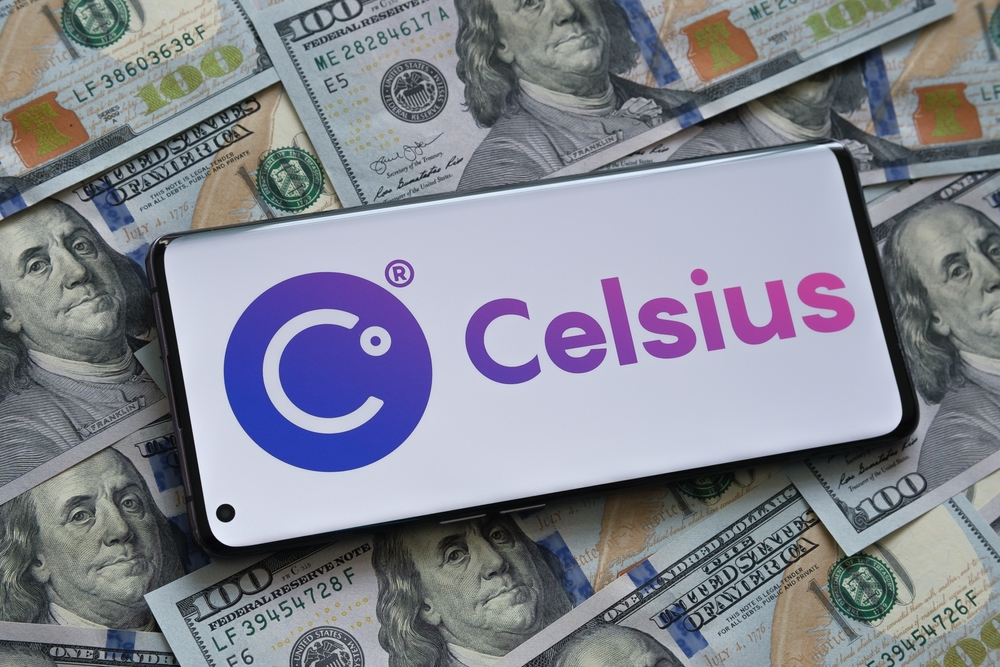Two years ago, when cryptocurrencies were on a bullish run, so many lenders emerged, with Celsius Network being among the top. At the time, the company said it was managing more than $30 billion in digital assets.
However, in 2022, Celsius Network went under, and its ex-CEO, Alex Mashinsky, got arrested this week. The US authorities brought some serious criminal charges against the crypto guru. Mashinsky is accused of defrauding Celsius’ customers of over $40 million. He, however, pleaded not guilty on Thursday and will soon be released by the Feds after accepting a personal recognizance bond worth $40 million.
Another Celsius Network’s top ex-official charged is Roni Cohen-Pavon, who served as the company’s revenue officer. The US Department of Justice brought four counts against Cohen-Pavon.
Besides its employees, Celsius Network itself has been charged with several counts by the Commodity Futures Trading Commission (CFTC), the Federal Trade Commission (FTC), and the Securities and Exchange Commission (SEC).
All these agencies accused Celsius of promising to be a safe place for crypto users but ended up causing severe losses.
Now here’s a breakdown of the lawsuits:
United States Department of Justice
Per the indictment announced Thursday by the United States Attorney’s Office for the Southern District of New York, prosecutors claim that Celsius’ ex-CEO Mashinsky collaborated with Cohen-Pavon to formulate a plan to make the company’s assets appear more valuable than they actually were.
The authorities say the scheme caused the Celsius native token CEL to increase in value, with the suspects benefiting from the inflated prices. According to the charges, Mashinsky made $41 million from selling his CEL tokens, while Cohen-Pavon pocketed more than $3.5 million.
The prosecutors also claim that last year, when the crypto market began sinking, Celsius Network was unable to withstand the decline in crypto prices, but its CEO continued lying to users that the firm was safe and that they should keep depositing their digital assets on its platform. However, according to the prosecutors, Mashinksy had cashed out all his crypto holdings when he made that statement.
US Department of Justice believes that the Celsius business model was designed to deceive crypto users about the firm’s reliability since its inception.
Securities and Exchange Commission
The Gary Gensler-led SEC also filed a lawsuit against Celsius and its former boss this week. According to the agency, the fallen crypto lender lied to crypto users repeatedly that the platform was regulated by various United States regulators when that was never the case.
The SEC also claims that Celsius had about 500,000 customers, not one million, as announced in mid-2021.
Further, the regulator says the crypto lender acknowledged that it was on the verge of collapsing in early 2022 but continued to urge the public to invest. At the time, Mashinsky even said the company hadn’t suffered massive losses while it lost over $850 million in the 2021 financial year.
In its lawsuit, the SEC is accusing Celsius of offering unregistered securities, making misleading and false statements. Its CEO is facing charges related to market manipulation. The agency wants the court to ban Mashinsky from ever holding a position in a public firm.
Federal Trade Commission
In the FTC lawsuit, the agency alleges that Celsius tricked investors who had little knowledge about cryptocurrencies into depositing their funds to the platform and then robbed them.
Moreover, FTC followed the SEC and DOJ steps to charge Celsius and its ex-boss with lying and misleading customers. The agency’s lawsuit mentioned the crypto lender co-founders Hanoch Goldstein and Shlomi Daniel Leon. The two are accused of failing to maintain sufficient liquidity to allow users to withdraw their digital assets.
However, On Thursday evening, FTC announced Celsius had settled their charges by paying at least $4.6 billion in penalties and accepting to stop offering, promoting, or marketing any service or product that may be used to invest, exchange, or deposit any digital asset.
Commodity Futures Trading Commission
CFTC joined other regulators in charging Celsius Network and its CEO this week. The agency accused the crypto lender of material misrepresentations and fraud in relation to how the firm ran its operations. In other words, CFTC is convinced that Celsius Network lied to its users.
The regulator alleges that Mashinsky was previously advised by his firm’s senior management to quit telling lies, but he never stopped. For example, he once lied to the public that he had millions of CEL tokens in his wallet, but in reality, the ex-boss had sold almost his entire CEL holding.
The CFTC now wants the court to direct Celsius to pay undisclosed penalty fees and its ex-boss permanently banned from trading.
